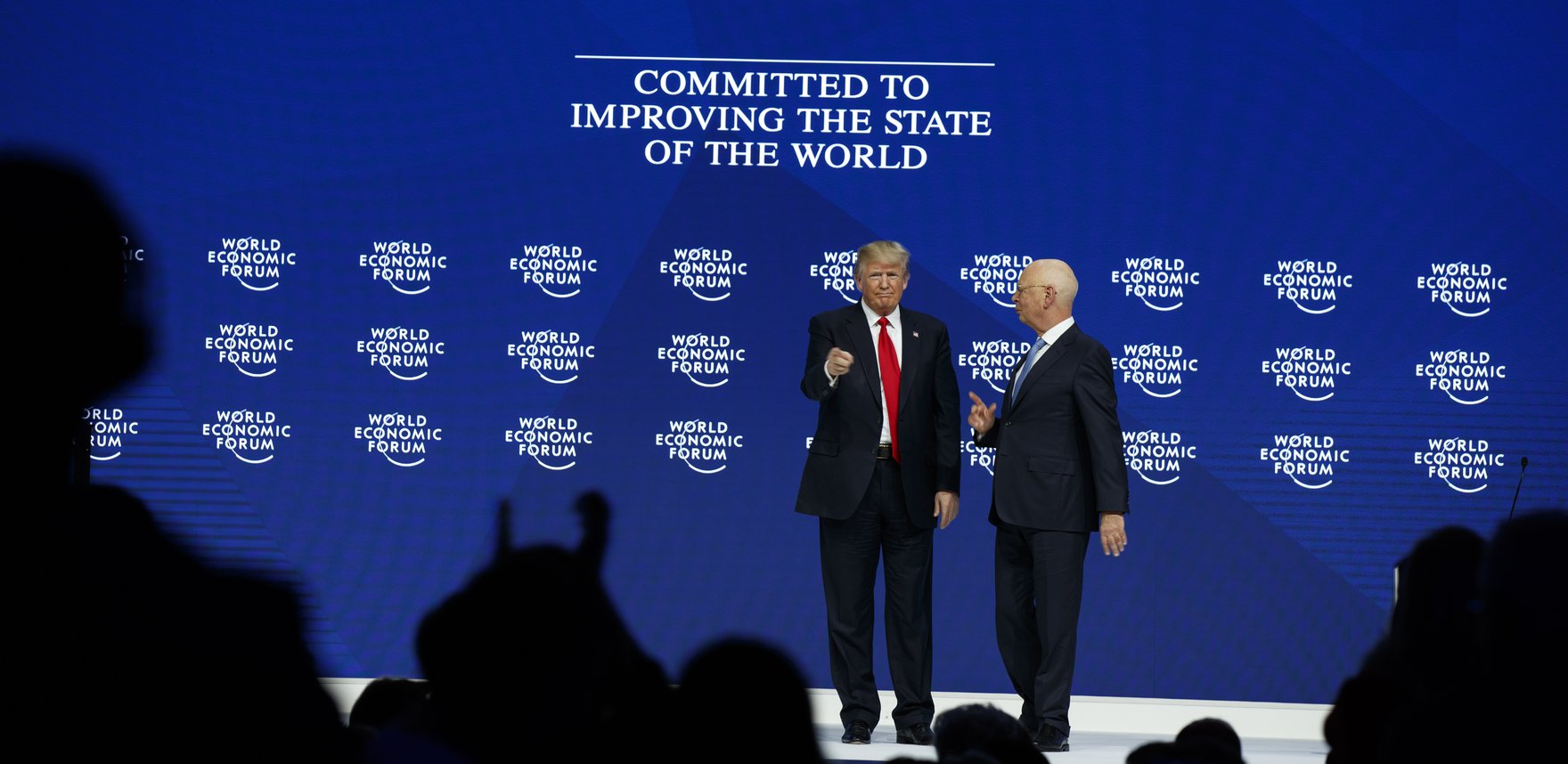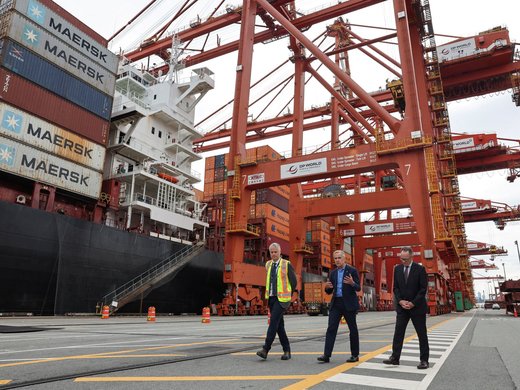It may be difficult to assume that any rational thought lies behind Donald Trump’s foreign-policy impulses, but consider the following:
His unexpected overture to North Korea, stimulated most recently by a secret visit and face-to-face meeting with Kim Jong-un by Secretary of State-designate, Mike Pompeo, may lead to breakthrough moves toward a peace agreement and denuclearization of the Korean Peninsula – goals many of Trump’s predecessors, along with various allies, failed conspicuously to achieve. “Maximum pressure” exerted by the United States and unusually forthright support from China have helped. Given North Korea’s dismal record, it would be prudent to suspend judgment on whatever emerges but, even if this initiative fails, the President has cautioned that “maximum pressure” will be sustained. Something inevitably has to give;
On Syria, and in sharp contrast to his immediate predecessor, Trump has delivered on his own “red line” threats with carefully calibrated missile strikes in response to Syrian President Bashar al-Assad’s use of chemical weapons against his own people. Many have questioned the effect and the lack of an overall US strategy on Syria, and these actions seemingly contradict Trump’s openly declared desire to “get out of Syria ASAP.” But the US administration is also strongly encouraging efforts by Arab states in the region to step up both financially and militarily to fill whatever vacuum the US may leave. Everyone agrees some form of political settlement is the only answer on Syria and that maybe, just maybe, shifting more responsibility to those in the region as opposed to outside powers may galvanize a modus vivendi of sorts. It would definitely bring profound relief for war-weary Americans. Meanwhile, however, the lack of US commitment to the plight of refugees spawned by the civil-war carnage in Syria is appalling and contrary to traditional American values;
On trade, Trump’s belligerent pronouncements are troubling and destabilizing to many, including Canadians. His obsession with trade deficits and his rejection of principles underpinning global trade are as unsettling as they are flat wrong. His rejection of the Trans-Pacific Partnership makes no strategic or economic sense. Nor do his complaints about the North American free-trade agreement (NAFTA). Yet, Trump’s bombast seems to be working, especially on China and Japan, each of which is scrambling now to avoid the wrath of America by buying more from the US and liberalizing imports in order to reduce trade deficits. South Korea quickly renegotiated its free-trade agreement with the US, conveying a fig leaf of “victory” to the President. Can Mexico and Canada be far behind with something similar on NAFTA?
Meanwhile, the US economy is thriving, with low unemployment and strong investment. The major irony here is that Trump’s stimulus policies – lower taxes and higher spending at a time when US unemployment is at a record low – will only deepen the US trade deficit as Americans spend more, undermining Trump’s own efforts to eliminate trade imbalances.
There is a lot in Trump’s persona and his performance that rankles – his preening prevarications, buffoonery and endless stream of jarring tweets. Constant chaos is the order of the day in Washington. His persistent demeaning of previous administrations is derisive and offensive. And the combination of Mike Pompeo as Secretary of State and John Bolton as National Security Advisor is far from conventional. If nothing else, it will reinforce Trump’s capacity to keep everyone, allies included, off balance by going against the grain of orthodox diplomacy.
It is difficult to ignore any view expressed on global issues by the leader of the world’s most potent military force and still the largest global economy. We are just not accustomed to seeing American power asserted in such an undisciplined, undiplomatic fashion. Trump is defying both conventional and institutional norms with much of what he says and does. He is responding to his base essentially with what he campaigned on, and conducts his government with non-ending campaign flourishes.
Trump’s unpredictable, often disruptive impulses do not improve anyone’s disposition and his dubious personal behaviour may ultimately be his undoing as President. But as he turns conventional wisdom on its head, he may actually deliver some global dividends, such as peace on the Korean Peninsula. As Trump himself is inclined to say: “We’ll see what happens.” Not even he really knows what that will be.
This article originally appeared in The Globe and Mail.



